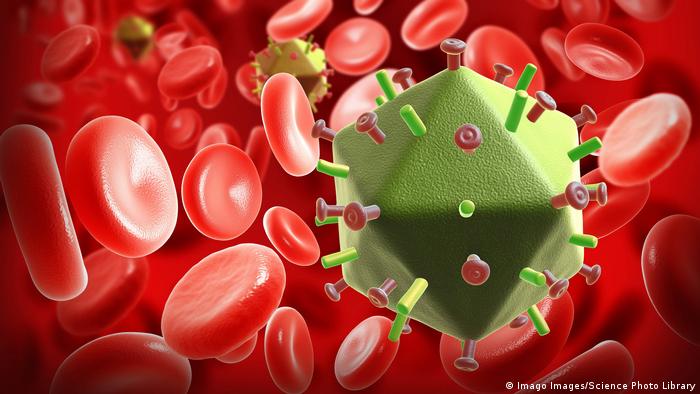Analyze HIV from an economic perspective using the concepts. Write up your paper in a 5-8 pages word document, single-spaced
Analyze HIV from an economic perspective using the concepts
Health Economic Analysis
Analyze HIV from an economic perspective using the concepts. Write up your paper in a 5-8 pages word document, single-spaced. The following questions are to guide you in writing your paper. Note that some questions may not apply to your particular topic, these are just guidelines.
Where do consumers get information about the price and characteristics of the product/service? How much uncertainty is associated with the information about price and associated quality of the good/service?
Who specifically is on the demand side of your market and what are their characteristics?
What type of price elasticity and income elasticity does your product or service have? (inelastic/elastic and necessity/luxury/inferior)
What other goods/services if any influence demand in your market? Identify main substitutes and main complements
Who are the suppliers in your market, what are their characteristics? (large/small, local/regional/nation/international, profit/not-for-profit/government)
What is the extent and nature of the competition in your market? (intense competition with multiple competitors or does it have some monopoly-like qualities?)
Are there any Government-sponsored Programs in your market?
What general technology change do you predict may impact your industry?
What other significant changes do you predict might happen in the future decade -in the political and economic environment relevant to your industry – with regard to (a) demand and pricing; (b) supply and market structure?
Overview
HIV/AIDS and Socioeconomic Status
Socioeconomic status (SES) encompasses not just income but also educational attainment, financial security, and subjective perceptions of social status and social class. Socioeconomic status can encompass quality of life attributes as well as the opportunities and privileges afforded to people within society. Poverty, specifically, is not a single factor but rather is characterized by multiple physical and psychosocial stressors. Further, SES is a consistent and reliable predictor of a vast array of outcomes across the life span, including physical and psychological health. Thus, SES is relevant to all realms of behavioral and social science, including research, practice, education and advocacy.
SES Affects our Society
SES affects overall human functioning, including our physical and mental health. Low SES and its correlates, such as lower educational achievement, poverty and poor health, ultimately affect our society. Inequities in health distribution, resource distribution, and quality of life are increasing in the United States and globally. Society benefits from an increased focus on the foundations of socioeconomic inequities and efforts to reduce the deep gaps in socioeconomic status in the United States and abroad.
Attachments
Click Here To Download


